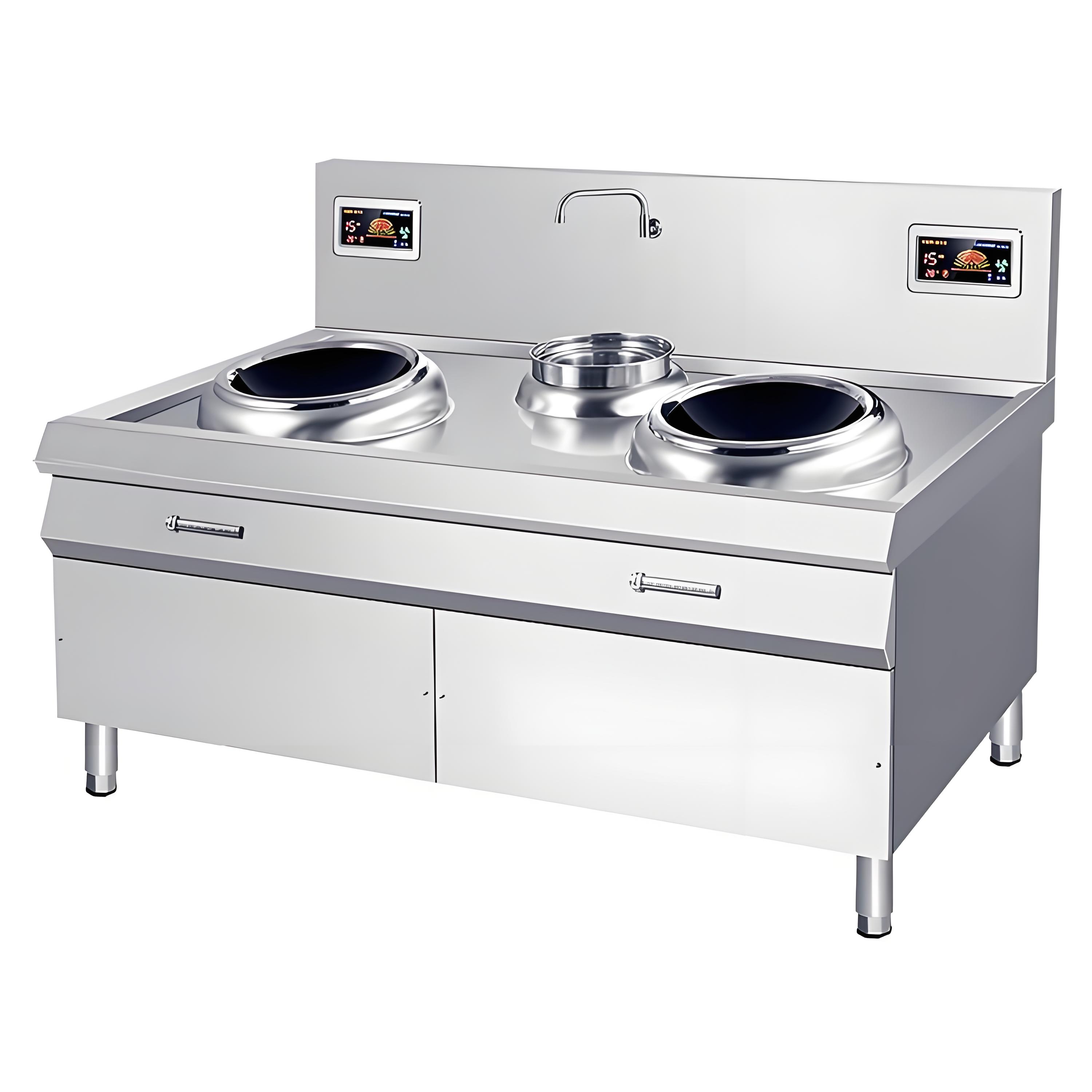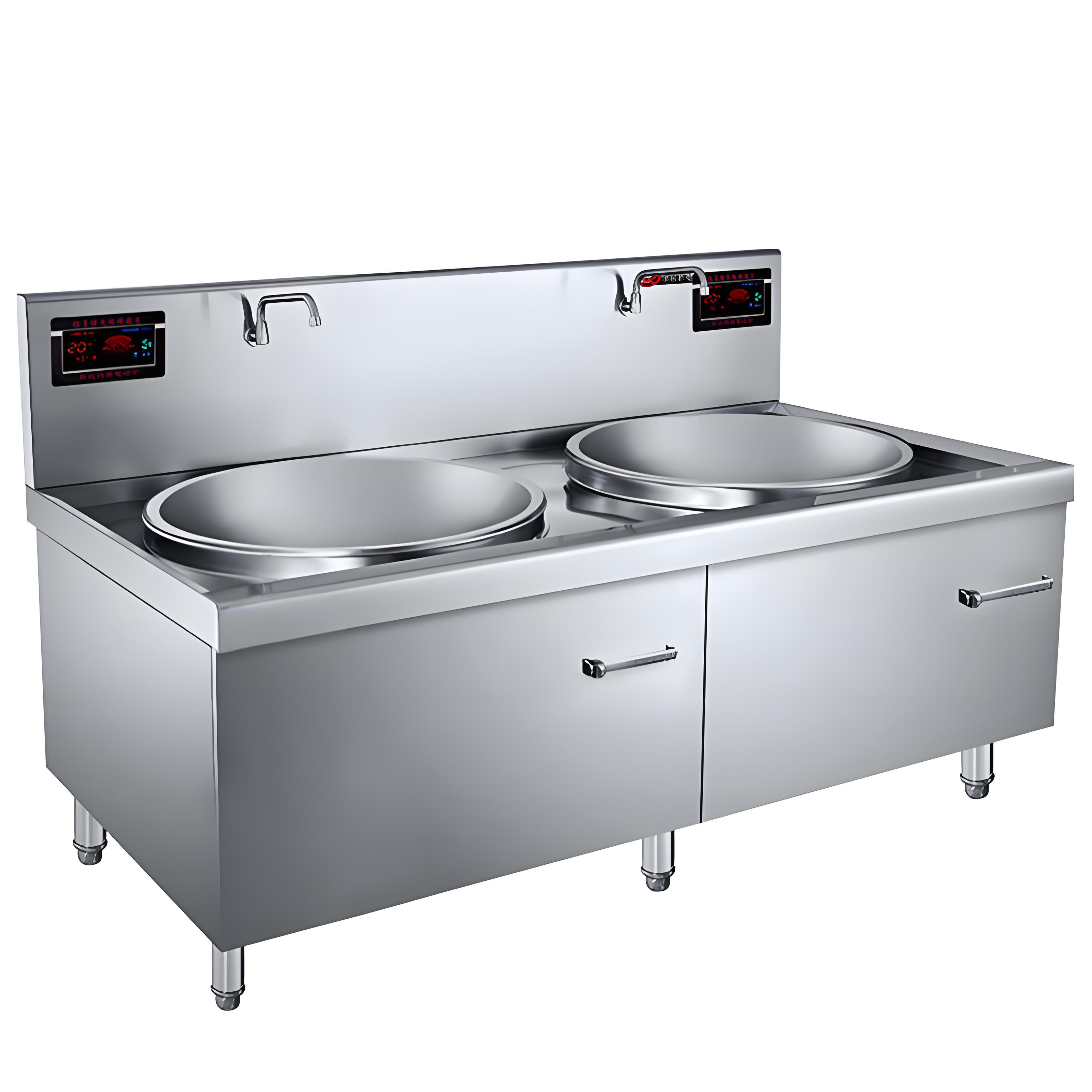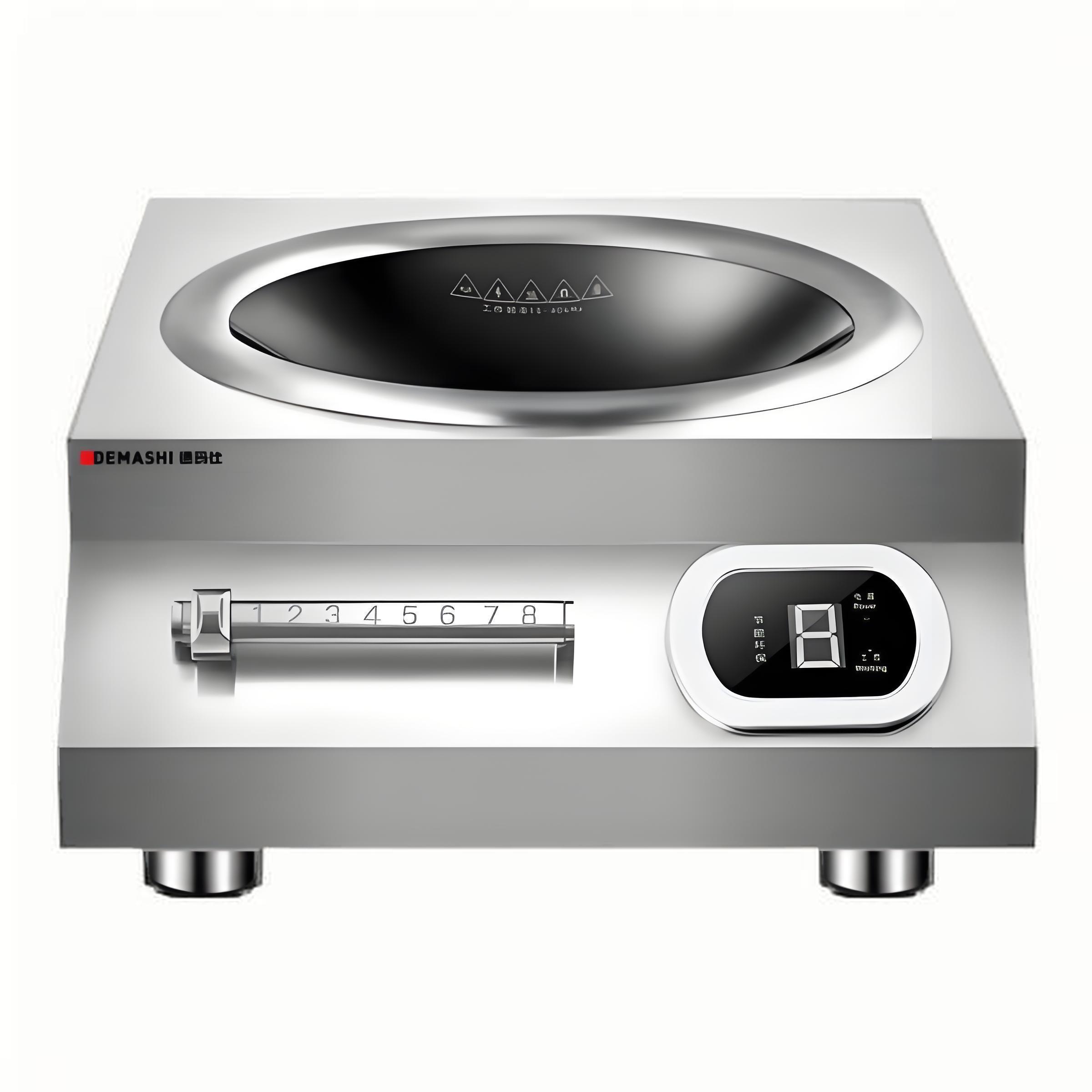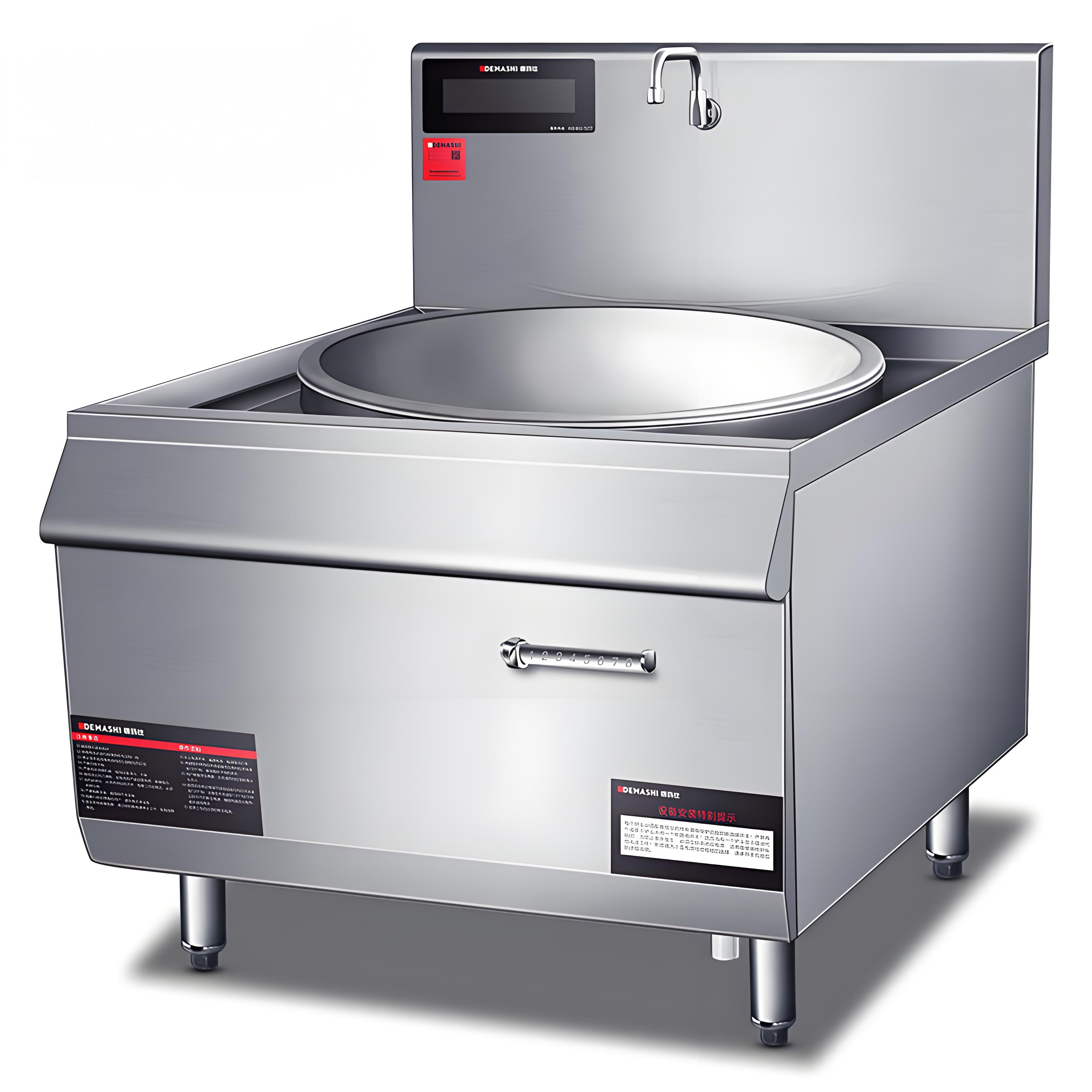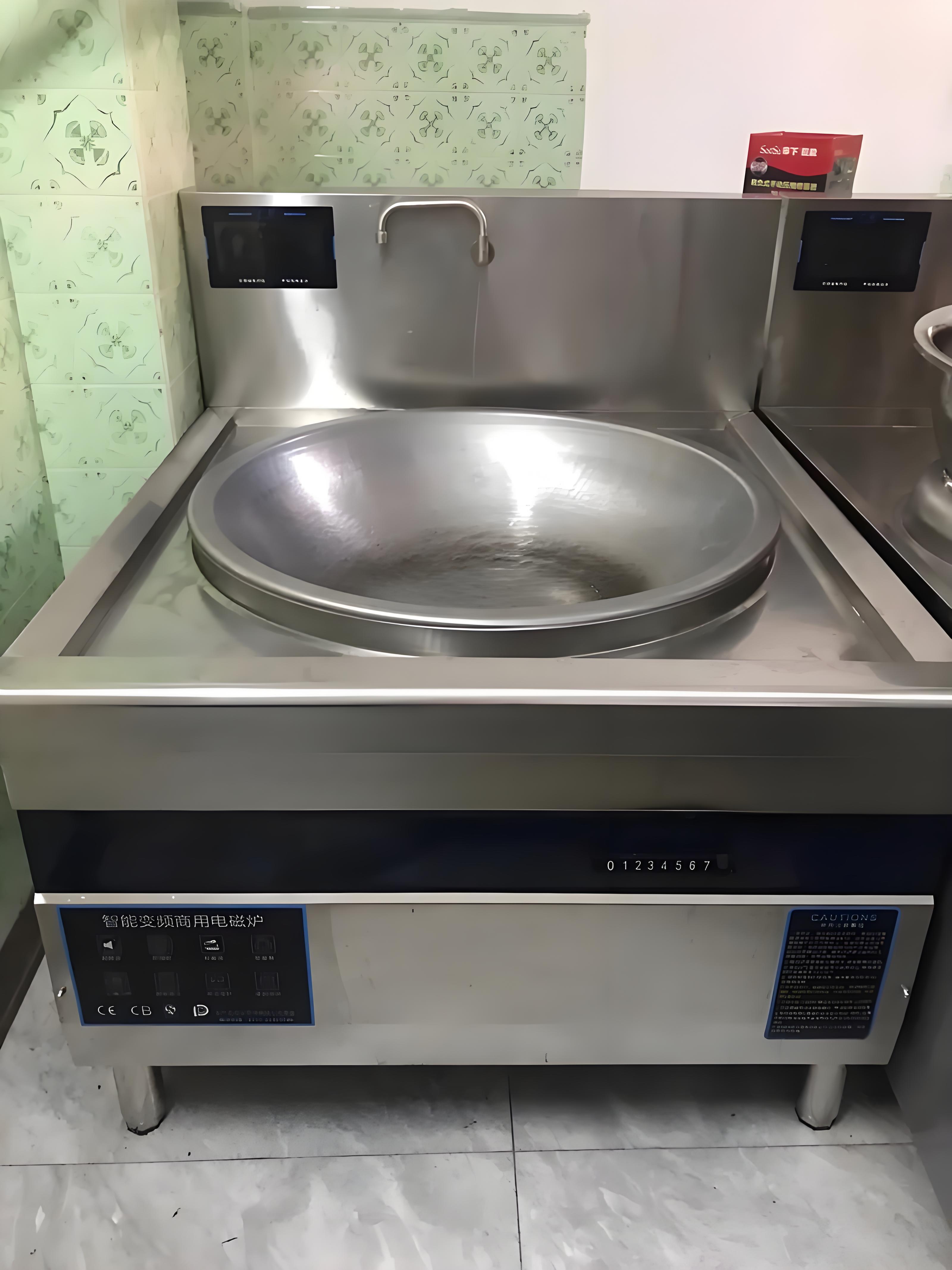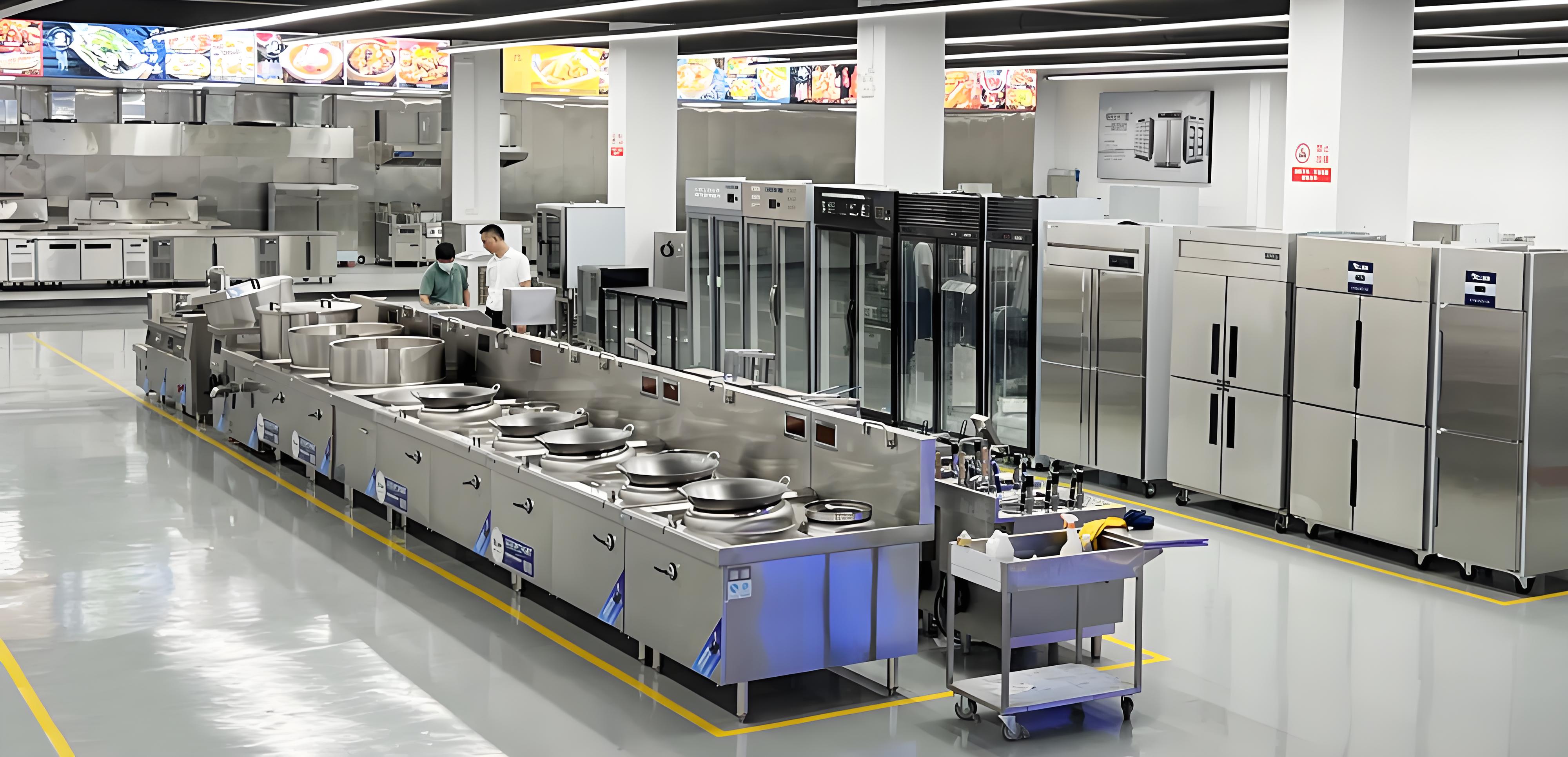As someone who’s spent years consulting for the hospitality industry, specifying materials and equipment for hotel kitchens, I’ve seen firsthand how the right choices can make or break a kitchen’s efficiency, durability, and aesthetic appeal. When it comes to outfitting a hotel kitchen, whether for a boutique inn or a large chain, the question of “which brands are suitable?” is one I hear often from hotel managers, chefs, and designers. Hotel kitchens demand materials and equipment that can withstand high-volume use, meet strict hygiene standards, and align with the hotel’s budget and style. Drawing from my experience on projects ranging from five-star resorts to mid-range hotels, I’ll guide you through the top brands for key kitchen components—countertops, flooring, appliances, and sinks—and share practical insights to help you choose the best options for your hotel kitchen.

Why Choosing the Right Brands Matters for Hotel Kitchens
Hotel kitchens are high-pressure environments where durability, hygiene, ease of maintenance, and cost-effectiveness are non-negotiable. Unlike home kitchens, they face constant use, from prepping meals for hundreds of guests to enduring frequent cleaning with harsh chemicals. The wrong equipment or materials can lead to costly repairs, health code violations, or disruptions in service. I’ve worked with hotels that learned this the hard way—choosing cheap, low-quality brands only to replace them within a year. On the flip side, investing in reliable brands can save money long-term and elevate the kitchen’s functionality and appearance. Let’s break down the best brands for each critical component of a hotel kitchen.
Key Components and Top Brands for Hotel Kitchens
I’ll focus on four essential areas of a hotel kitchen: countertops, flooring, appliances, and sinks. For each, I’ll recommend brands that excel in durability, hygiene, and value, based on my experience and industry standards.
1. Countertops: Durable and Hygienic Surfaces
Hotel kitchen countertops must withstand heavy use, resist stains, and meet food safety standards. Here are my top brand recommendations:
Caesarstone: Known for quartz surfaces, Caesarstone offers countertops that are non-porous, stain-resistant, and highly durable. I specified their countertops for a luxury hotel’s banquet kitchen, and they’ve held up beautifully under constant chopping, spills, and cleaning. Prices range from $50-$100 per square meter, but their longevity justifies the cost.
Silestone: Another quartz leader, Silestone is prized for its antibacterial properties, making it ideal for food prep areas. I used Silestone in a mid-range hotel’s kitchen, and the staff loved how easy it was to clean. Costs are similar to Caesarstone, around $50-$120/m².
Stainless Steel (Custom Brands): For high-volume kitchens, stainless steel is a go-to. Brands like Advance Tabco or John Boos offer custom stainless steel countertops that are hygienic, heat-resistant, and easy to sanitize. I’ve seen these in action in large hotel kitchens, where they endure years of heavy use. Expect to pay $100-$200/m² for custom installations.
My Take: Caesarstone or Silestone are excellent for hotels wanting a polished, modern look with low maintenance. Stainless steel is unbeatable for high-traffic, industrial-style kitchens.
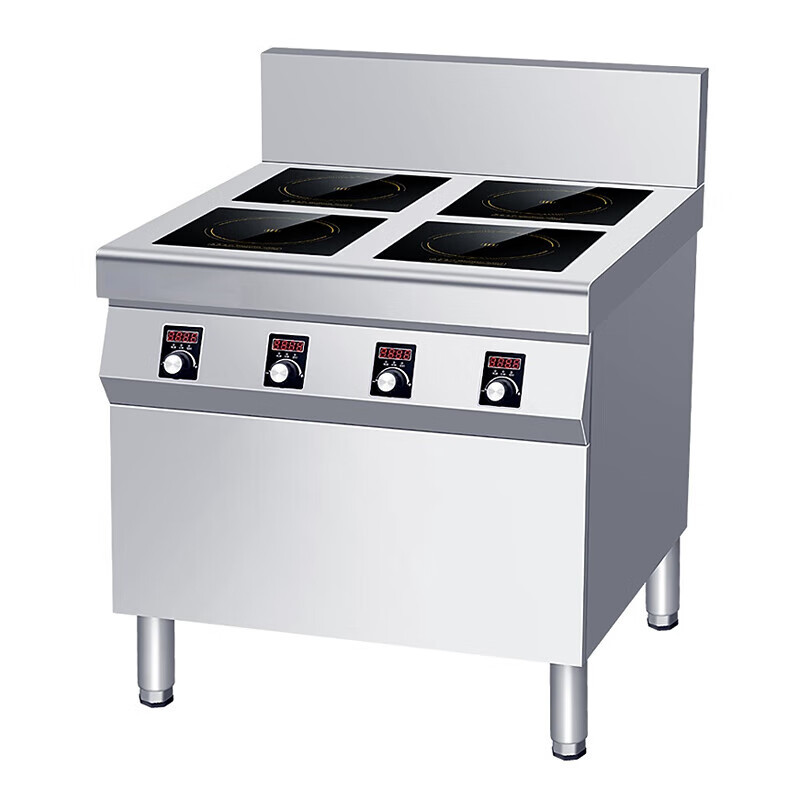
2. Flooring: Slip-Resistant and Easy to Clean
Hotel kitchen floors must be slip-resistant, durable, and easy to maintain to ensure safety and hygiene. My top picks:
Altro: Altro specializes in safety flooring with slip-resistant surfaces that meet commercial kitchen standards. I recommended Altro for a boutique hotel’s kitchen, and it’s prevented countless slips during busy service hours. Prices range from $20-$40/m², with installation costs around $10-$20/m².
Tarkett: Known for vinyl flooring, Tarkett offers durable, water-resistant options with excellent slip resistance. I used their flooring in a mid-sized hotel kitchen, and it’s still in great shape after years of heavy foot traffic. Costs are $15-$35/m², with installation at $8-$15/m².
Daltile: For ceramic or porcelain tiles, Daltile offers durable, slip-resistant options with sealed grout for easy cleaning. I specified Daltile for a resort kitchen, and the tiles have withstood spills and heavy equipment. Prices range from $10-$30/m², with installation at $10-$25/m².
My Take: Altro is my top choice for safety and durability, especially in high-traffic kitchens. Tarkett is great for budget-conscious projects, while Daltile suits hotels aiming for a polished aesthetic.
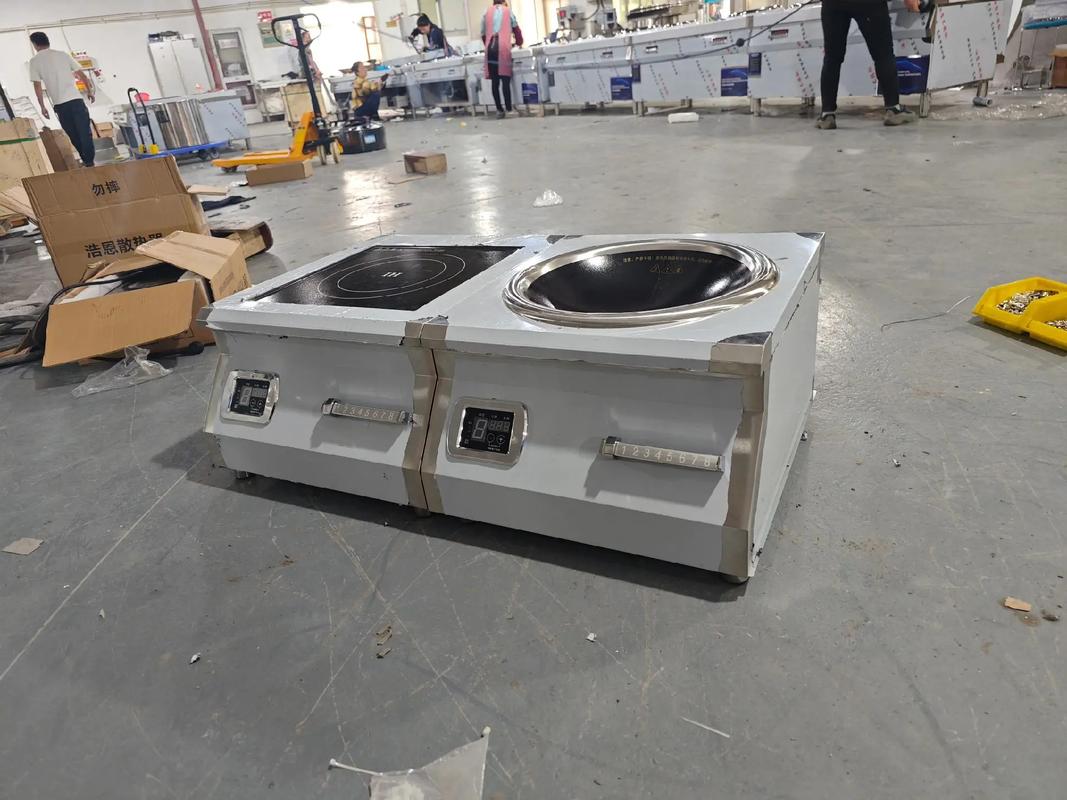
3. Appliances: Reliable and High-Performance
Hotel kitchen appliances must handle high volumes while maintaining reliability and energy efficiency. Here are my go-to brands:
Vulcan: Vulcan’s commercial ranges and ovens are industry staples, known for their durability and precision. I’ve seen Vulcan equipment in action in a large hotel’s catering kitchen, handling back-to-back events without a hitch. Prices for ranges start at $2,000-$10,000, depending on size and features.
True Refrigeration: True’s commercial refrigerators and freezers are built for heavy use, with robust cooling systems and stainless steel construction. I recommended True for a beach resort’s kitchen, and their units have kept ingredients fresh in humid conditions. Expect to pay $3,000-$15,000 per unit.
Hobart: For dishwashers and mixers, Hobart is a trusted name. Their dishwashers are energy-efficient and fast, ideal for high-turnover kitchens. I specified a Hobart dishwasher for a city hotel, and it’s streamlined their cleanup process. Prices range from $5,000-$20,000 for dishwashers.
My Take: Vulcan and True are perfect for reliability in demanding kitchens, while Hobart excels for dishwashing and prep equipment.
4. Sinks: Functional and Hygienic
Sinks in hotel kitchens need to be durable, spacious, and easy to clean. My recommended brands:
Elkay: Elkay’s stainless steel sinks are durable, corrosion-resistant, and available in various sizes for prep, washing, or soaking. I used Elkay sinks in a hotel’s main kitchen, and they’ve handled years of heavy use. Prices range from $500-$2,000 per sink.
Kohler: Kohler offers high-quality stainless steel and cast iron sinks with a focus on durability and design. I specified Kohler for a boutique hotel’s kitchen, where aesthetics were as important as function. Costs are $600-$3,000 per sink.
Advance Tabco: Known for commercial-grade stainless steel sinks, Advance Tabco is a favorite for large kitchens. Their sinks are spacious and built for heavy-duty tasks. I’ve seen them in action in a convention center’s kitchen, handling massive dish loads. Prices range from $800-$2,500.
My Take: Elkay and Advance Tabco are ideal for high-volume kitchens, while Kohler adds a touch of style for upscale hotels.
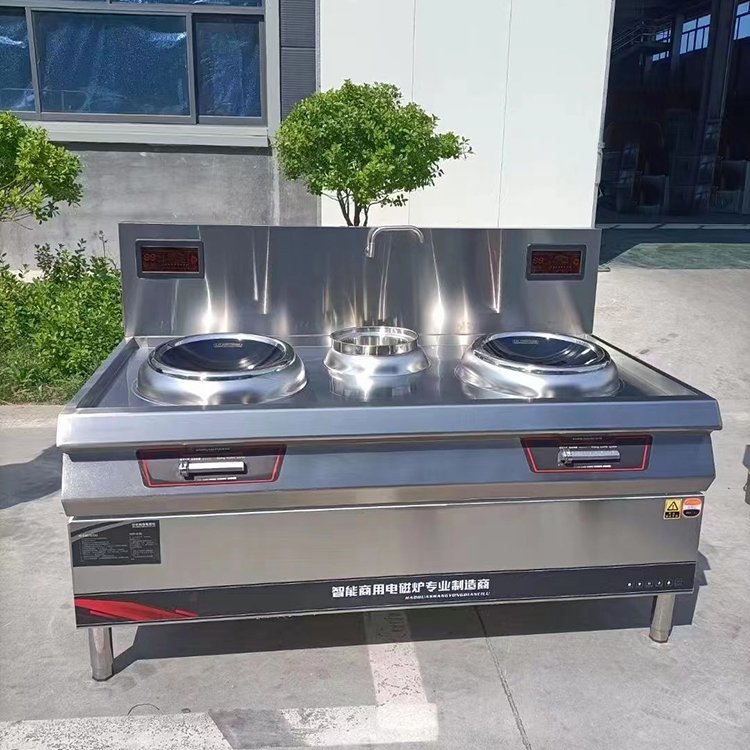
Comparison Table: Top Brands for Hotel Kitchens
Here’s a quick comparison of the recommended brands for each component:
| Category | Top Brands | Price Range | Best For |
|---|---|---|---|
| Countertops | Caesarstone, Silestone, Stainless Steel | $50-$200/m² | Hygiene, durability, aesthetics |
| Flooring | Altro, Tarkett, Daltile | $10-$40/m² | Slip resistance, easy cleaning |
| Appliances | Vulcan, True, Hobart | $2,000-$20,000/unit | High-volume reliability |
| Sinks | Elkay, Kohler, Advance Tabco | $500-$3,000/unit | Durability, hygiene, functionality |
My Experience: Lessons from Hotel Kitchen Projects
I’ve had the privilege of working on hotel kitchen projects across the spectrum, from budget-friendly renovations to high-end resort kitchens. One memorable project was for a mid-range hotel chain that needed a kitchen overhaul on a tight budget. We chose Tarkett vinyl flooring for its affordability and slip resistance, paired with Elkay stainless steel sinks for durability. The total cost for flooring and sinks was around $15,000 for a 50m² kitchen, and the setup has been running smoothly for years. For a luxury resort, we went with Caesarstone countertops and Vulcan appliances, which cost more (around $50,000 for a 100m² kitchen) but delivered a premium look and unmatched performance. These experiences taught me that budget and scale dictate brand choices, but quality always pays off in the long run.
How to Choose the Right Brands for Your Hotel Kitchen
Based on my years of specifying kitchen materials and equipment, here are practical steps to guide your selection:
Assess Your Kitchen’s Needs: Consider the kitchen’s size, volume of use, and aesthetic goals. High-volume kitchens need durable brands like Vulcan or Advance Tabco, while boutique hotels can opt for stylish options like Kohler or Caesarstone.
Set a Budget: Balance upfront costs with long-term savings. Tarkett and Elkay are great for budget-conscious projects, while Silestone or True suit premium kitchens.
Prioritize Hygiene and Safety: Ensure all materials meet health code standards. Non-porous surfaces (e.g., quartz, stainless steel) and slip-resistant flooring (e.g., Altro) are critical.
Consider Maintenance: Choose brands with low-maintenance products to reduce long-term costs. Stainless steel and quartz are easier to clean than tiles with grout.
Request Quotes and Samples: Compare quotes from suppliers and request material samples to test durability and aesthetics in your space.
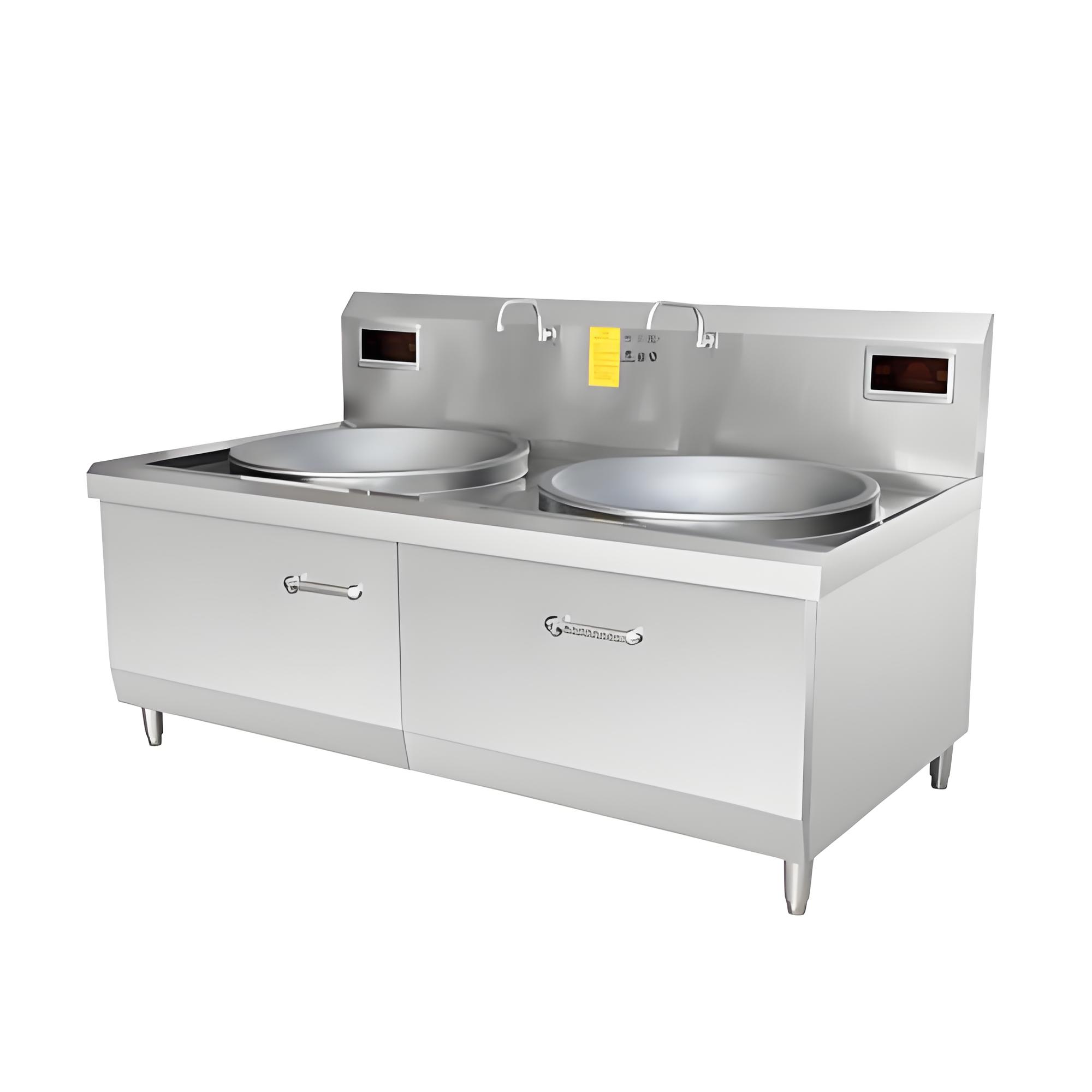
Installation and Maintenance Tips
To ensure your hotel kitchen performs well and stays cost-effective, follow these tips:
Countertops:
Hire professionals for quartz or stainless steel installation to ensure precision ($10-$20/m²).
Clean with mild detergent and avoid abrasive scrubbers to maintain the finish.
Seal quartz countertops annually if required by the manufacturer.
Flooring:
Ensure proper subfloor preparation to avoid uneven surfaces.
Clean daily with a non-slip cleaner to maintain safety and appearance.
Inspect grout (for tiles) or seams (for vinyl) yearly to prevent water seepage.
Appliances:
Schedule professional installation to comply with safety codes ($500-$2,000/unit).
Perform regular maintenance (e.g., cleaning coils, checking seals) to extend lifespan.
Train staff on proper use to avoid damage.
Sinks:
Install with proper drainage systems to prevent clogs.
Clean daily with stainless steel-safe cleaners to avoid corrosion.
Check for leaks or loose fittings quarterly.
A Personal Story: Transforming a Hotel Kitchen
A few years back, I consulted on a renovation for a mid-sized hotel struggling with an outdated kitchen. The manager wanted durable, hygienic materials on a moderate budget. We chose Tarkett vinyl flooring for its slip resistance and Elkay stainless steel sinks for their affordability and durability. The total cost was around $20,000 for a 60m² kitchen, and the staff raved about the improved workflow and easy cleanup. For a high-end resort project, we went all out with Caesarstone countertops, Vulcan ranges, and True refrigerators, creating a kitchen that was both functional and visually stunning. The resort’s chef said it was the best kitchen he’d ever worked in. These projects showed me that the right brands can transform a kitchen, regardless of budget.

Conclusion: The Best Brands Depend on Your Kitchen’s Needs
Choosing the right brands for a hotel kitchen comes down to balancing durability, hygiene, aesthetics, and budget. For countertops, Caesarstone and Silestone offer premium quartz options, while stainless steel is ideal for high-volume kitchens. Altro and Tarkett lead in slip-resistant flooring, with Daltile for a polished look. Vulcan, True, and Hobart dominate appliances for reliability, and Elkay, Kohler, or Advance Tabco deliver durable sinks. Each brand has its strengths, and I’ve seen them elevate hotel kitchens when chosen thoughtfully. If you’re unsure which brands suit your kitchen, share your project details in the comments, and I’ll help you find the perfect fit!
Related Q&A
Q1: Can I mix different brands in the same kitchen?
A: Yes, mixing brands like Caesarstone countertops with Altro flooring and Elkay sinks is common and effective, as long as they meet your kitchen’s functional and aesthetic needs.
Q2: Are there budget-friendly brands for small hotel kitchens?
A: Tarkett for flooring and Elkay for sinks are excellent budget options. For appliances, consider refurbished units from Vulcan or Hobart to save costs.
Q3: How often should I replace kitchen materials?
A: Quartz countertops and stainless steel sinks can last 15-30 years with proper care. Flooring lasts 10-20 years, and appliances typically last 8-15 years, depending on maintenance.
Q4: What’s the most important factor for hotel kitchen brands?
A: Hygiene is critical, followed by durability. Choose brands like Silestone or True that offer non-porous, easy-to-clean surfaces to meet health codes and withstand heavy use.
